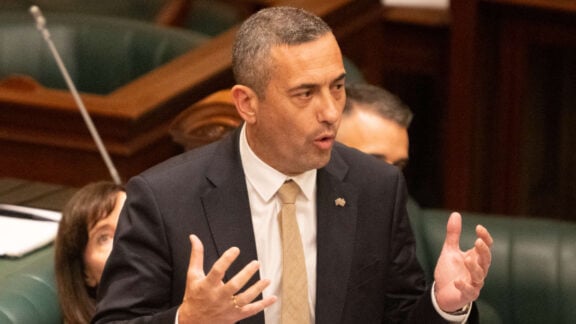The financial situation for women has improved in two years, however young women transitioning from teen years to adulthood are still struggling, states the latest Financy Women’s Index.
The index, which measures financial gender equality, rose by 2 per cent to 73.6 points in the September quarter from 72.2 points in June and is up 6 per cent on its September 2019 result. While that is good news for women in general, women from Generation Z are still behind when it comes to progress with those under the age of 25 years hit hardest from the COVID-19 pandemic.
Full-time employment numbers of women under 25 years continue to lag both genders and all age groups and were down 9 per cent in the September quarter and were 10 per cent lower (in full and part-time) on September 2019 figures.
Effie Zahos independent director InvestSMART notes that whilst there is plenty of work to be done, progress for women has “a wide impact” on the economy.
“The Federal Government’s Women’s Budget Statement 2021-221 notes that when women are economically secure, everyone benefits – from individuals and families to the business community and the broader economy,” said Ms Zahos.
READ MORE: Campaign seeks to scrap “bloody annoying” tampon tax
In some bright news, women in leadership continue to make progress. The number of women on ASX 200 boards rose to a fresh high of 34 per cent in September, before dipping slightly in more recent figures.
Overall, it will now take 29.5 years for equality in employment, down from 29.8 years, 13.7 years for equality in underemployment, down from 16.1 years and 6.7 years of sustained progress at current rates to reach 50/50 gender diversity on ASX 200 boards.
“The presence of strong, successful women in leadership roles will help to encourage each new generation of girls to aim for the stars, smashing gender barriers and stereotypes along the way,” said Ms Hutley.
As we last updated the gender pay gap data in the June FWX report, it remains at 21.3 years for equality to be achieved in average wages. The remaining areas of the Index will be updated in the December report and currently stand at 39.8 years to close the superannuation gender gap and 101 years to close the unpaid work gender gap.
Dr Shane Oliver, Chief Economist AMP Capital said two things have become clear from the pandemic.
READ MORE: Australian dollars and Greek sense
“First, pandemic or not we still have a long way to go to reach financial equality for women.
“And second the revolution in flexible working made possible by technology but finally unleashed by the pandemic has provided a pathway forward to more rapidly address the financial gender gap.
“The key is for governments to help facilitate it and for employers and women to embrace it,” said Dr Oliver.









